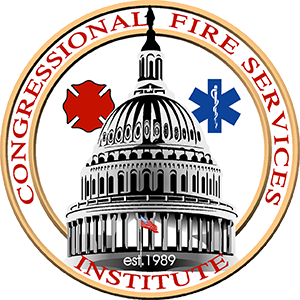Yesterday, a Senate resolution, S.Res.723, passed the Senate unanimously, declaring September 2020 as Campus Fire Safety Month. The resolution was introduced by Senators Susan Collins and Tom Carper, co-chairs of the Congressional Fire Services Caucus.
In a press release, Senator Collins noted, “As college and university students resume classes this fall, it is important that we continue to place an emphasis on fire safety, both in dormitories and in off-campus housing. Our bipartisan resolution promotes fire safety education and fire prevention efforts in campus communities to help protect students and save lives.”
“By designating September as Campus Fire Safety Month, Americans are reminded of the importance of fire safety, awareness and prevention. Students and faculty can each do their part to increase attention to fire hazards and create safer campuses across the country to help save lives,” said Senator Carper.
The resolution encourages the provision of fire safety education to college students, evaluations of existing campus fire safety, installation of fire detection and suppression systems, and development of applicable codes.
